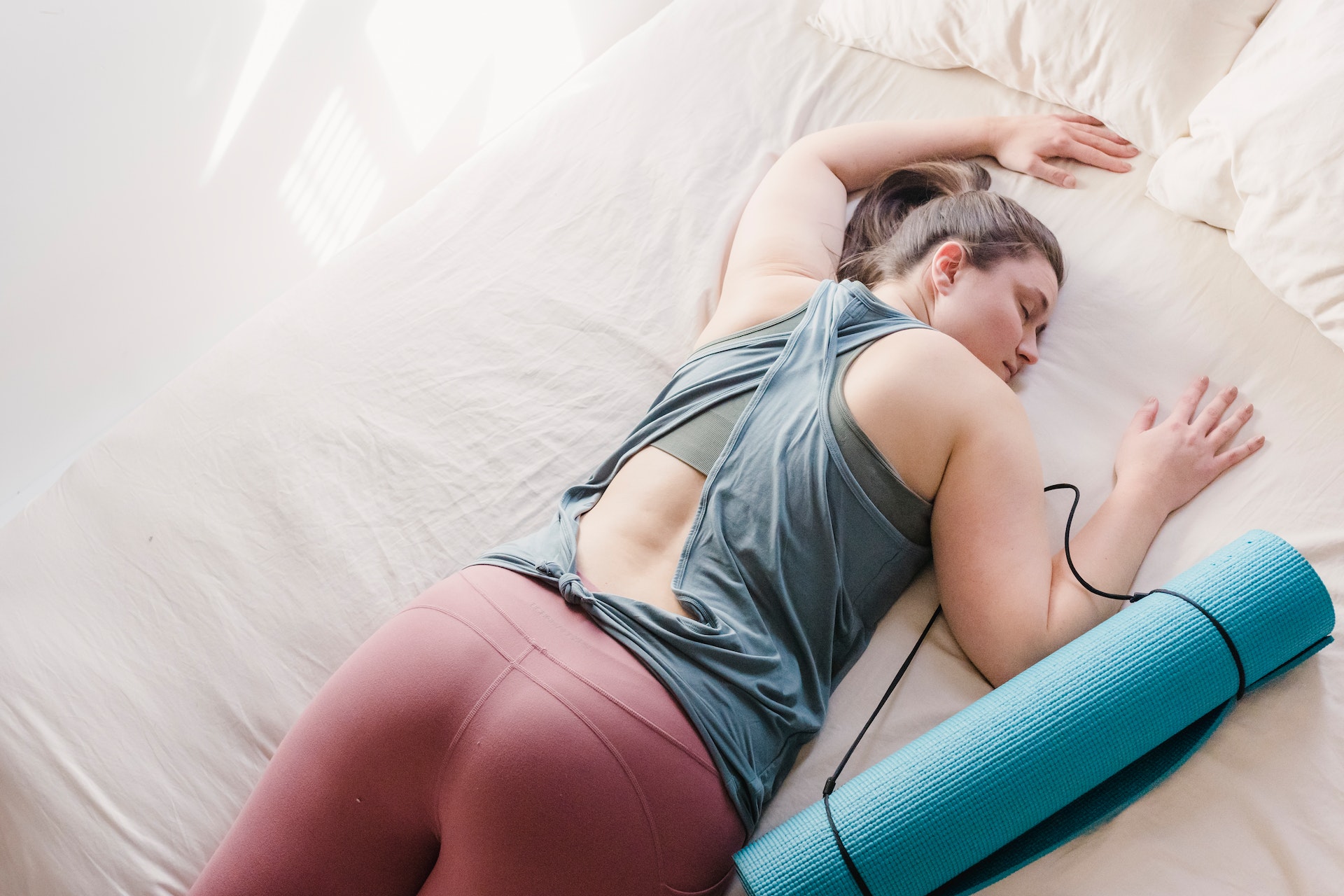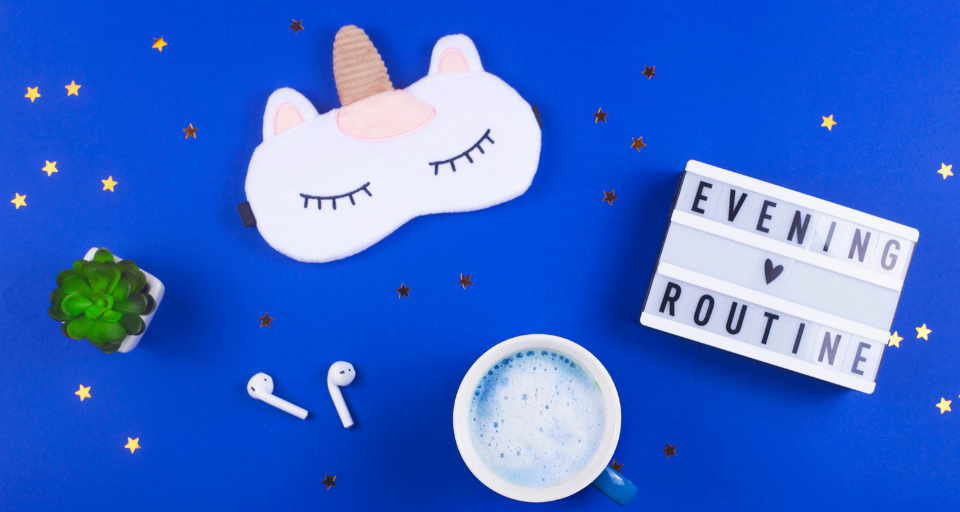How Many Hours Of Sleep Do You Actually Need To Be Healthy And Productive?

We all know the importance of getting enough sleep to be healthy and productive. But how much is enough? Generally speaking, adults need about 7-8 hours of sleep each night, but it can vary depending on age, gender, lifestyle and more. In this blog post, we’ll explore the science behind sleep and how you can use it to your advantage to get the most out of your day. From factors that affect your sleep to tips for a better night’s rest and more – read on to learn how you can optimize your sleeping habits for better wellbeing.
The recommended amount of sleep
Most people need between 7 and 8 hours of sleep a day. However, some people may need as many as 9 or 10 hours. Older adults (ages 65 and older) need about 7 to 8 hours of sleep each day. Women in the first 3 months of pregnancy often need several more hours of sleep than usual. People who have certain medical conditions, such as diabetes, may also need more sleep. A small percentage of people may feel rested on just 5 hours of sleep a night, but most people cannot function optimally on that amount of sleep.
How much sleep do you need based on your lifestyle?
The amount of sleep you need depends on several factors, including your age, lifestyle, health, and work schedule.
Most adults need between 7 and 8 hours of sleep a day. However, if you have a demanding job or an active lifestyle, you may need more than 8 hours of sleep to feel rested and productive.
If you have a medical condition or take medication that affects your sleep, you may need to adjust your sleep schedule to accommodate your treatment. Talk to your doctor about how much sleep you should be getting.
The benefits of getting enough sleep
There are countless benefits to getting enough sleep, including improved mental and physical health, increased productivity, and better emotional well-being. Getting enough sleep can help improve your memory, concentration, and reaction time, as well as reducing stress levels. It can also reduce your risk of developing chronic health problems such as obesity, heart disease, and diabetes. If you’re struggling to get enough sleep, there are a number of things you can do to improve your sleep habits.
The consequences of not getting enough sleep
Lack of sleep can have many negative consequences, including:
– Difficulty concentrating and making decisions
– Poor judgement
– Impaired memory and learning
– Increased accidents and errors
– Moodiness, irritability, and anxiety
– Depression and mood swings
– Obesity and weight gain
– Weakened immune system
Tips for getting a good night’s sleep
There are a lot of different opinions on how many hours of sleep you need to be healthy and productive. Some people say that you need eight hours, while others say that you can get by on as little as six.
So, what’s the truth?
The answer is that it depends on the person. Some people do need eight hours of sleep, while others can function just fine on six hours.
There are a few things that you can do to make sure that you are getting enough sleep. Try to go to bed at the same time every night. This will help your body get into a regular sleep cycle. Create a relaxing bedtime routine for yourself. This could include reading or taking a bath before going to bed. Make sure that your bedroom is dark. This will help your body relax and fall asleep more easily. If you find yourself still awake after trying all of these things, get up and do something calming until you feel sleepy again.
If you follow these tips, you should be able to get a good night’s sleep and wake up feeling refreshed and ready to start your day.
Conclusion
It is clear that sleep plays a vital role in our physical and mental health. It helps us to stay healthy, energized, productive and creative. Everyone’s sleep needs will vary but it appears that seven to nine hours per night is a good benchmark for most adults. To ensure you are getting the best quality of sleep possible, make sure your bedroom environment is conducive to restful sleep and avoid using screens before bedtime. Taking time out of each day to relax can also be beneficial on top of getting enough hours of shut-eye at night.
Warning: this article does not constitute medical advice. The article contains the author’s personal opinion and personal conclusions and observations. If you have problems with sleep or are interested in other issues related to it, it is better to consult your doctor.









